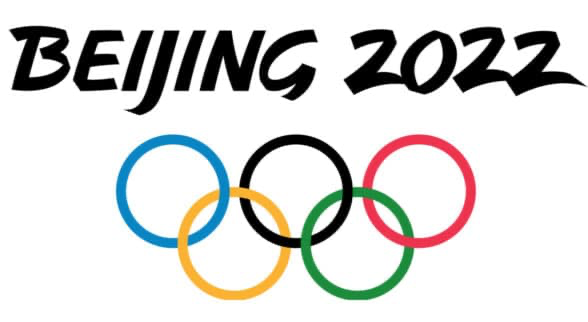Published: January 10,2022
By staff writer

From February 4th to 20th, the 2022 Winter Olympics will take place. In this time, more than 3000 athletes, trainers and support staff will unite in Beijing and Hebei province where events will be held. Beijing has promised to host a successful Winter Olympics despite a rise in Omicron cases around the world. As one of the few countries in the world still pursuing a zero-covid strategy through strict quarantines, border controls and contact tracing, China will handle coronavirus cases at the games through a closed loop.
Covid prevention measures
Beijing Winter Olympics organizers have begun putting in place closed-loop operation, strictly limiting Games-related personnel to a few fixed venues with no access to the outside world in order to prevent the spread of COVID-19. Overseas participants will enter directly into the closed loop upon arrival. The Beijing Traffic Management Bureau said on Sunday in a notice, that all personnel involved in the Beijing Winter Olympics are managed in the closed-loop system and their designated vehicles will be labeled with a special red sign.
In the event of an accident with one of these vehicles, citizens should keep their distance and avoid contact with the vehicle or its occupants and instead wait for professionals to arrive. Just like in the Tokyo Summer games in July-August 2021, all athletes must be fully vaccinated at least 14 days before arriving and tested daily. Masks will also be worn at all times and athletes who violate these rules can face disqualification from competing.
Diplomatic boycott
The Beijing Games have been surrounded by controversy for the last couple of months as activists and critics have called for boycotts over alleged human rights abuses in China. These boycotts change nothing for athletes who will still be competing and others who will be attending. In response, China has strongly criticized these boycotts as politically motivated.
While it is great that governments haven’t allowed their political differences to shatter their athletes’ Olympic dreams, Olympic boycotts are nothing new. The 1980 Moscow Olympics are one example. Led by the United States, various countries boycotted the summer games in protest of the Soviet invasion of Afghanistan. As a result, many athletes were punished for something they had nothing to do with. They were devastated after having their years of hard work and preparation shattered at the last possible moment.
Peacebuilding Opportunity
As demonstrated by past experiences, boycotts at the Olympics do not work. Evidenced by its five multicolored rings, the Olympic Games represent unity and therefore sports and politics should remain separate. In fact, the event should be a time to personify values of peace, unity, solidarity, inclusiveness and mutual respect. All political and social challenges in the world cannot be resolved in order for the games to take place in a particular country.
Over 2,900 athletes representing approximately 90 National Olympic Committees (NOCs) are expected soon in Beijing. The Beijing 2022 organizing committee (BOCOG) is said to be busy with finalpreparations for ceremonies, logistics, and registrationand marketing. Such a big number of people from different countries and cultures provide an opportunity for people to people diplomacy and engagement.
Sports can be seen to provide a useful way of creating an environment in which people can come together to: work towards the same goal, show respect for others and share space and equipment. It is on this note that the Beijing Winter 2022 Olympic and Paralympic Games should be an avenue for promoting peaceful coexistence, celebrate unity of the entire world by reaffirming our shared values, rather than using the games to sow political seeds of division.
For comments or opinion write to us oninfo@africachinareview.com
You can also follow us on twitter account @africachinarev
 Africa -China Review Africa -China Cooperation and Transformation
Africa -China Review Africa -China Cooperation and Transformation
